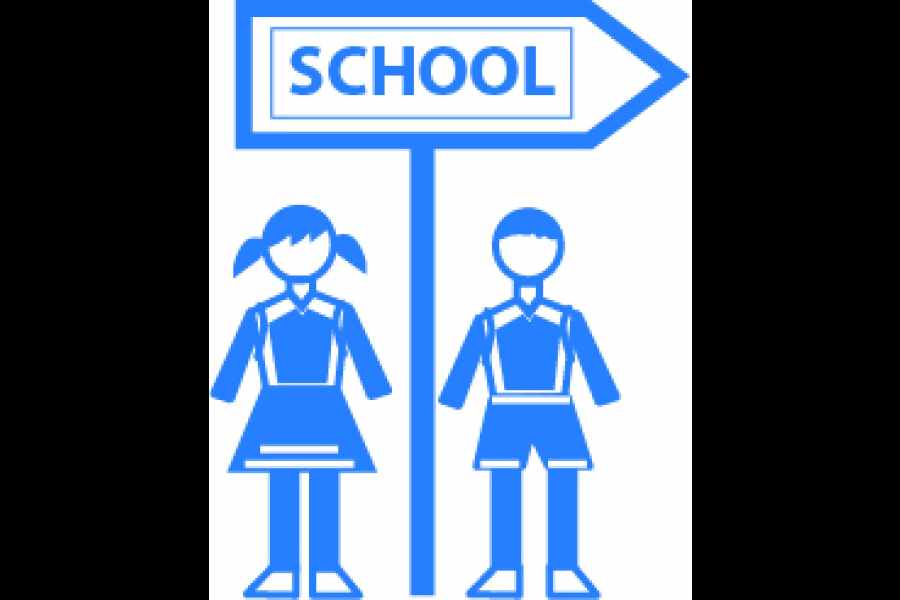Ankit Dixit, 30, from Uttar Pradesh’s Kannauj has a child who will enrol in nursery next year. The high fee that private schools charge is giving Ankit sleepless nights.
“In Kannauj, parents pay Rs 3,000 a month in nursery fees for schools affiliated to the Central Board of Secondary Education (CBSE). This is a heavy burden on parents,” Ankit said.
With government schools in a state of neglect, parents in small towns, cities and rural areas send kids to private institutions that charge high fees.
“If someone asks about the school where your child is admitted, you feel ashamed to say that he or she is in a government school. Private schooling has become a normal affair as they are perceived to offer quality education,” Dixit said.
He said the central and state governments have not taken any step to regulate school fees.
“Private schools are not the solution. The new government at the Centre must take steps along with the states to improve the quality of education in government schools,” he said.
The government had in 2010 enforced the Right To Education (RTE) Act, which stipulates free and compulsory education to children up to 14 years of age, a trained teacher for every 30 children and at least one classroom for every teacher.
The lone government school at Krishnapur village under Ralegaon Tehsil in Maharashtra’s Yavatmal district has only two dilapidated rooms.
Deorao Sitaram Thackeray, 72, said nearly 25 children are enrolled in the school, which has classes up to the fifth standard.
“The nearest government school is in Ralegaon, which is 2km from here. We send our children to the village school even though it is in dilapidated condition,” Thackeray said.
According to a Public Education Manifesto released by civil society groups RTE Forum, Alliance to Right to Early Childhood Development and the Campaign against Child Labour, only 25.5 per cent of schools in the country are RTE-compliant. Nearly 8.4 lakh teacher posts are vacant in about 10 lakh government schools in the country. One in seven schools is run by a single teacher.
Apart from the quality of education, access to schooling is another issue for the students.
Rasoolpur village under Badaun tehsil in Badaun district has a government school where children from 300 families can study up to Class VIII. The children either have to drop out after Class VIII or go 5km to Kheda Bhamora village to continue their education.
“Many children, particularly girls, drop out after Class VIII,” said Vinesh Yadav, a shopkeeper.
The report said there had been a steady growth in the number of private schools across the country. Seven of 10 new schools in India are now private.
Prof Ranjan Welukar, former vice-chancellor of Mumbai University, said the increase in private schools meant a rise in discrimination among children.
“The quality of education should be equal for all children. If the children of the rich and the middle class go to private schools, they will have different types of education. This leads to discrimination. Education should be inclusive,” Welukar said.
He said health and education should remain in the public sector for the development of the nation.
Prof C.B. Sharma, former chairman of the National Institute of Open Schooling, a central government school board, harped on stringent regulations to check fee structure in schools.
“There should be an independent school education commission, which will vet curriculum and books and prescribe fee structure that the private schools have to adhere to,” Sharma said.











